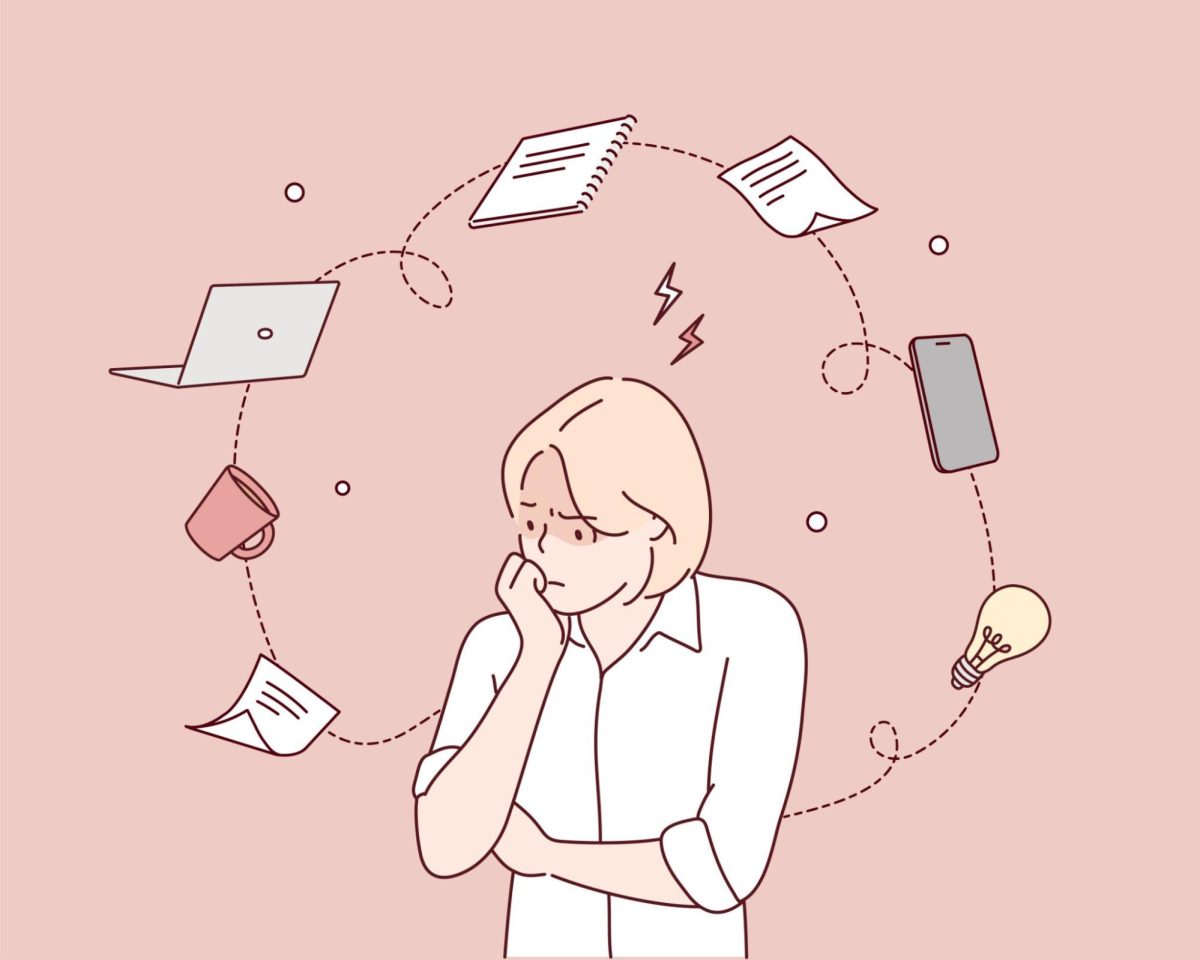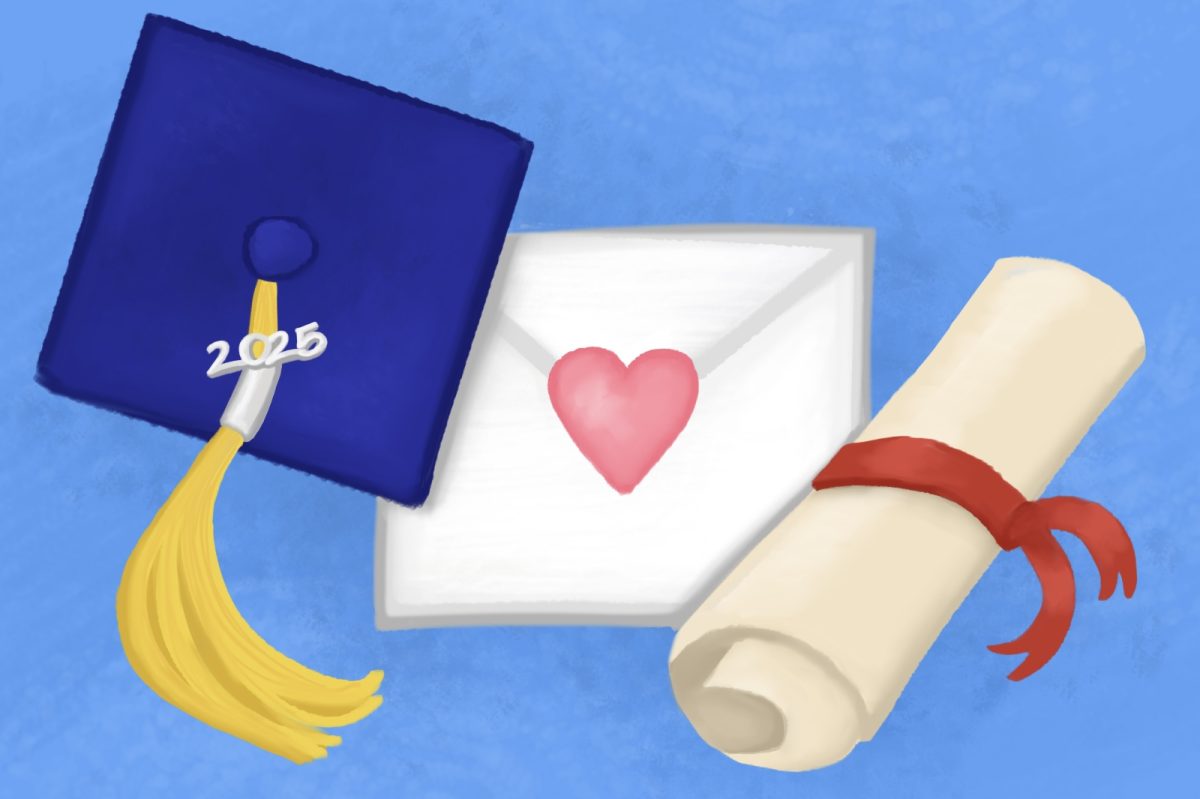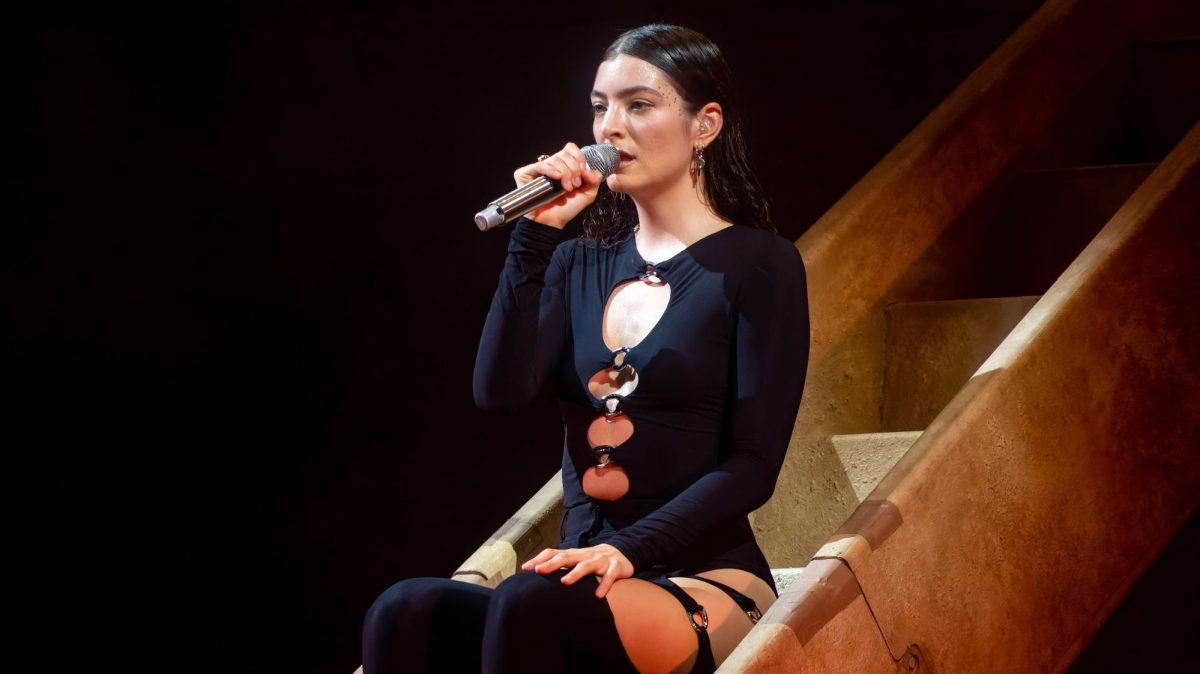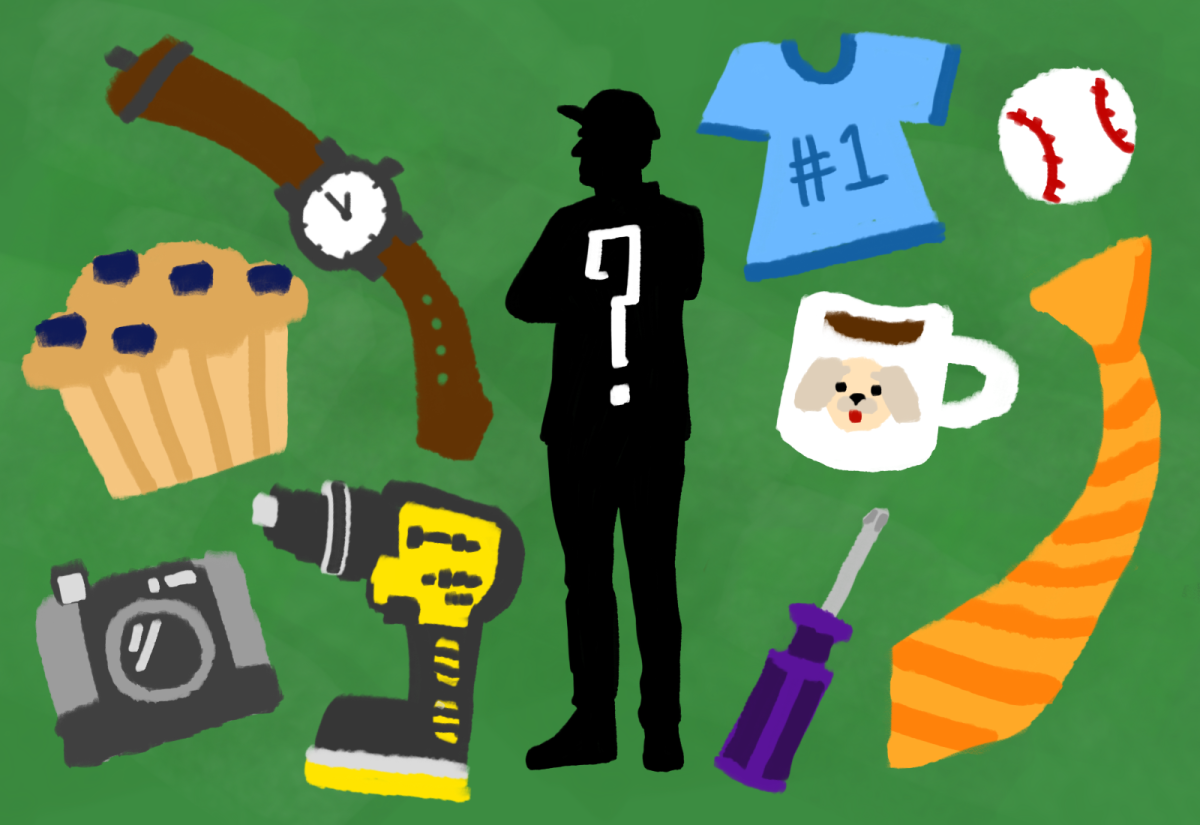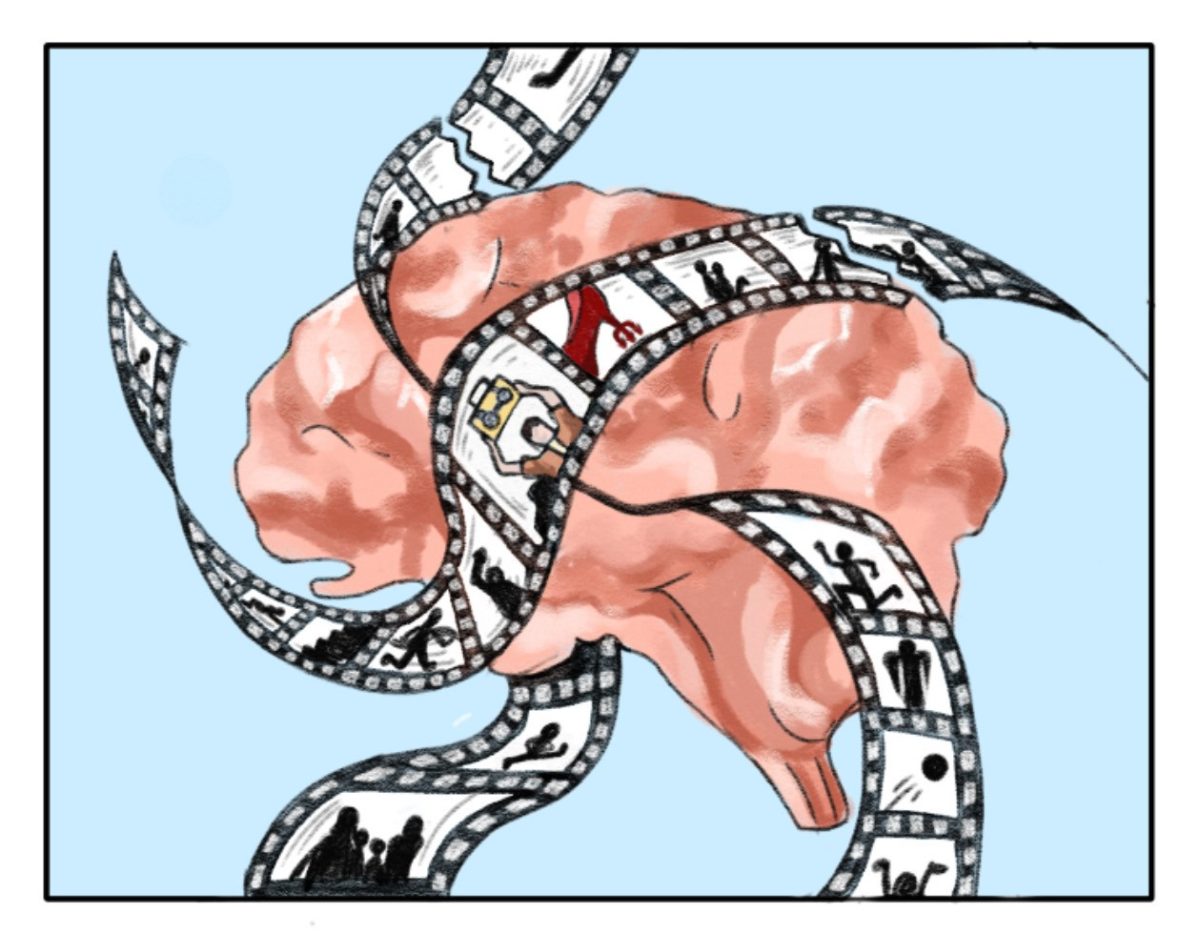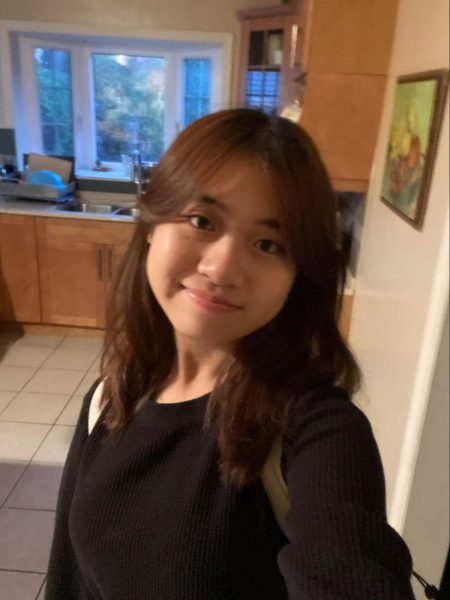In a pool brimming with 4.0 GPAs, 1500 SAT scores, and award-winning extracurriculars, they say that essays are the most important part of your college application. Admission officers can only point their finger at your personality through an eloquent, striking 650-word essay—so you kind of have to get it right.
In my junior year, I thought I had my essays all figured out. Being homeschooled for most of my life, it seemed obvious—almost automatic—that I should write about transitioning to public school. I would run through all the milestones I had missed: the first day of almost every K-12 year, elementary and middle school graduations, all the friendship anniversaries I never celebrated. I would write about the first classroom I ever stepped into. I would prove to others that my past and present did change me for the better.
But when I sat down to write my personal statement, I had no idea what I wanted to say. I had no idea what I had to say. For ten-minute spans, the cursor would blink on and on as I blinked back, stories swirling through my head, too swift and vague to pen. On paper, I felt like I could be anyone—and not in a good way. I had harbored a mix of confusion, anger, and loneliness, but I struggled to put it all into words. My high school experience felt so raw and recent that I didn’t know what to make of it or how it had , of how it shaped me. How could college perceive me if I could not even perceive myself?
I believe that college—and society as a whole—perpetuates this message that you must know yourself at our age: what you believe, feel, want to be. You must know who you are as a person. College applications exacerbate this notion, commodifying our teenage experience into a 650-word essay. Even social media—the side of it that curates people into tame personalities and bland aesthetics—packages its users into boxes. But learning about yourself is a lifelong process. While I still had not figured out my feelings about the past few years, I began to realize that I didn’t need to—not for college, anyway. Hair-pulling self-introspection turned into labors of love when I instead focused on vignettes I truly cared about—and knew the ends to.
I once asked myself this line in a poem I read: What if, hypothetically, we never find ourselves? For a while, I didn’t have an answer. Now, I believe we will never wholly find ourselves because we are always in the process of becoming. Perhaps this conviction liberates us to chase the pieces of ourselves we do know—heartfelt stories about strangers, about ourselves, our fascinations with the world. You don’t need some big life story to carry you into a college acceptance, or a grand personality or hobby to show off. Sometimes, the most interesting parts of ourselves are the most mundane.


